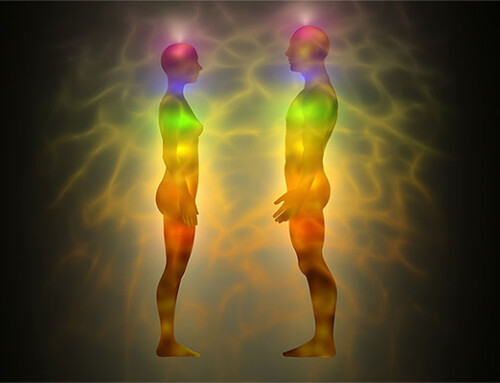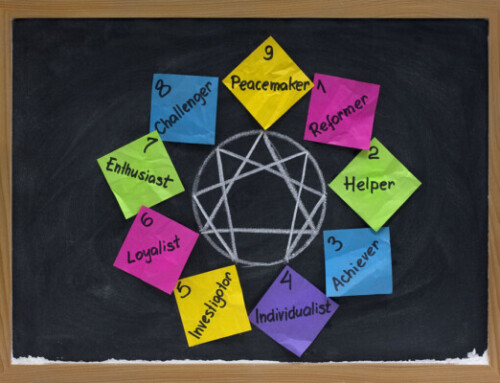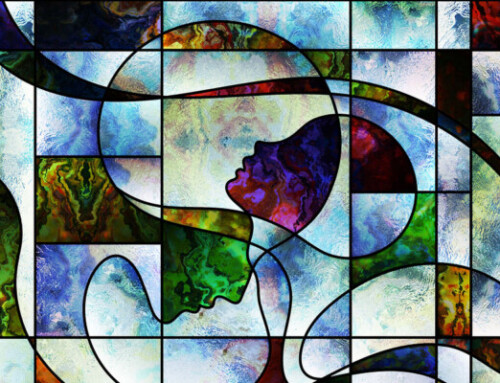
It is likely that you have noticed different parts of your personality come forward, depending on the situation that you are in. When you are in a situation where someone is acting gently and in a soft, nurturing manner toward you, one of the parts of your personality that you like a lot is most likely to be the one at the forefront. However, when someone is acting badly toward you, you might find yourself acting quite unlikable as well, and a different part of your personality is in the forefront. It is definitely not the same one that is in the forefront when you are in a nurturing environment.
John Rowan, in the 1990 edition of Subpersonalities: The People Inside Us, describes subpersonalities as the thoughts, feelings, and even sensations of the body which are capable of acting as a complete person for shorter or longer periods of time. These different aspects of your personality were developed as coping devices for handling various events in life. They were developed when you were very young, and were created as a reaction to something that was happening to you as a child. The negative aspects of the personality, called the shadow subpersonalities, were coping mechanisms for events that you most likely did not understand, especially if these were actions from adults that seemed inappropriate. Dealing with these personalities within the self is the main focus of techniques such as integrative psychology. Different types of personalities are discussed in greater detail in other UMS courses, such as Shadow Work, Archetypes, and Enneagram. However, this course will focus most closely on accepting the subpersonalities we have and presents ways to transform them. Transforming personality can prompt a tremendous change on one’s spiritual path.
John Firman, a psychologist who studies psychosynthesis or the piecing together of the multifaceted psyche, writes that having subpersonalities are very common and that they are “some of our most basic inborn reflexes” (Firman, 68). Essentially, subpersonalities are the building blocks of our natural character and are the reason for our predisposed reactions to different situations. The varied aspects of our personalities come to specialize in dealing with the range of emotions we face on a daily basis.
Sometimes this can lead to internal conflictions when our personalities are not in balance with one another. The authors of Plotinus.com provide an interesting way to see subpersonalties and describe them as “psychological satellites, coexisting as a multitude of lives within the overall medium of our personality. Each subpersonality has a style and a motivation of its own, often strikingly dissimilar from those of the others. […] Often they are far from being at peace with one another.” Though it seems that our subpersonalities may not always work in synchronicity, there are ways to integrate positivity and awareness of our personalities into our daily routines so that we may share the best aspects of our personalities with others.
Course Continued…
This is an excerpt from one of the 40 required bachelor’s courses offered in the University of Metaphysical Sciences metaphysical degree program.
The course Transforming Personality is also available for individual purchase at our online store.
*Please note that courses purchased through metaphysicalsciencesstore.com are for personal interest only, and not as part of the degree program. If you are interested in pursuing your metaphysical degree, please fill out an enrollment form here.

















Leave A Comment